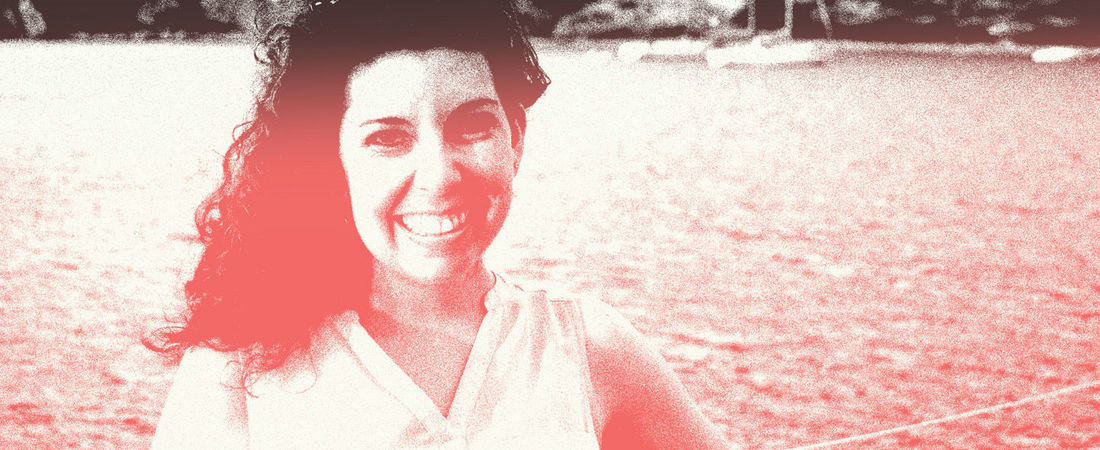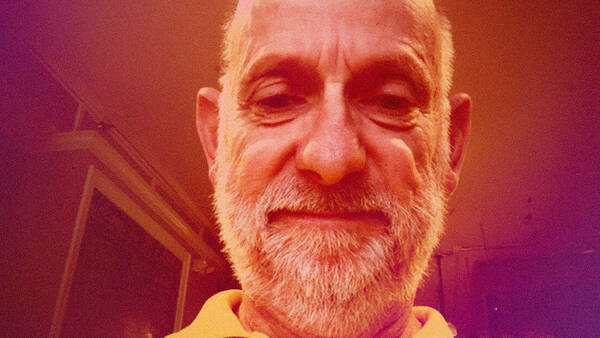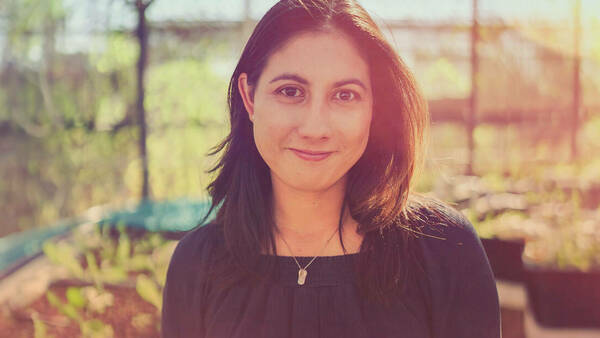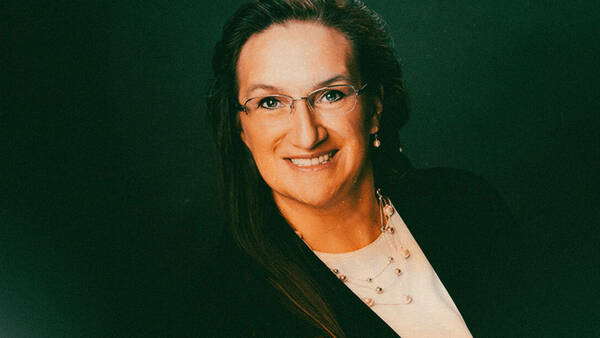When television told a young Annette Esquibel ’11 what to do with her life, she listened.
“I grew up in the age of Captain Planet and Fern Gully,” she says. “All the cartoons I grew up with told me, ‘Save the rainforest!’ So obviously that was in the back of my mind.”
Esquibel now works in sustainable tourism, which is designed to benefit the destination’s environment, culture, and economy. After earning her Bachelor’s degree in Anthropology and Environmental Science from Notre Dame, she went on to pursue her Master’s degree at Stanford University, where she studied Environmental Anthropology. During the program, her job as an assistant lecturer gave her the opportunity to accompany a class to the Galapagos Islands.
“It was about conservation and evolution—how you have to understand the evolution of an ecosystem to be able to conserve it,” she says, adding that the more she grew to understand the ecosystem there, the more strongly she felt about protecting it. “The fact that a place like that could still exist, because of the hard work that humans have been doing and the importance that they see in a place like that—it really gave me reassurance that the work I was doing was important and the lessons we were teaching these up and coming students were important.”
Seeing Connections
Esquibel came to understand the important connection between communities and the environment—a connection she continues to see and emphasize in her work. And she had an unexpected encounter that further strengthened her resolve to continue making a difference.
“One day when I was snorkeling, I remember this massive female sea lion,” she says. “I had just gotten in the water, and she came up to me and scared me … I was thinking, ‘This thing’s, like, twice my size.’” Just when she thought death might perhaps be upon her, the encounter took an unexpected turn. “She just got really close to my face and started blowing bubbles at me. And so I was like, ‘Hmm … what do I have to lose?’ So I blew bubbles back at her, and I realized she was playing with me,” she recalls. “It was miraculous. I honestly felt like the spirit of Mother Earth was speaking to me.”
Prioritizing Sustainability
While pursuing her graduate degree, Esquibel also spent six months in the Peruvian Amazon working with indigenous groups to develop new ecotourism lodging. Similar to sustainable tourism, ecotourism focuses more specifically on the environment as an attraction in its own right. Its success has helped slow the destruction of the rainforest by providing economic justification for preserving the land. While she was in Peru, Esquibel examined the lodge that the indigenous community had already started and offered her insight.
“It was a five-hour boat ride down a river from the closest community. It was so cool,” she says. “I studied what was working, what wasn’t. What was making the customers happy, what wasn’t. And then I took that and helped them design their next lodge.”
In turn, Esquibel learned from the indigenous groups what it really means to prioritize the environment.
“It wasn’t just, ‘Let’s save the environment to save the environment.’ It was, ‘Let’s save the environment because this is our homeland,’” she says. “So much of our religious and cultural values and traditions are based on different parts of this rainforest, whether it be the ceiba tree or whether it be teaching young boys how to fish.”
Few people live with such a close connection to the environment, but Esquibel stresses that everyone has a relationship with the earth, whether they like it or not.
“I think that it’s very easy to separate ourselves outside of the environment and to think of ourselves as the other, and we’re not,” she says. “We have always been very dependent on the environment, on the ecosystem, and we will continue to be, no matter how much we try to tell ourselves that we’re not or how much we develop or how much technology we create.”
Esquibel now works for a sustainable tourism nonprofit on the Caribbean island of St. Kitts. Her continuing commitment to the environment certainly comes from within, but it doesn’t hurt that she feels she has been validated by a higher authority.
“When the Pope has made multiple declarations that climate change is real, this is our responsibility, we’re stewards,” she says, “it gives you a little more energy to continue the work you’re doing, because you’re like, ‘Alright, if the Pope is on the same page as me, I’m doing something right.’”



